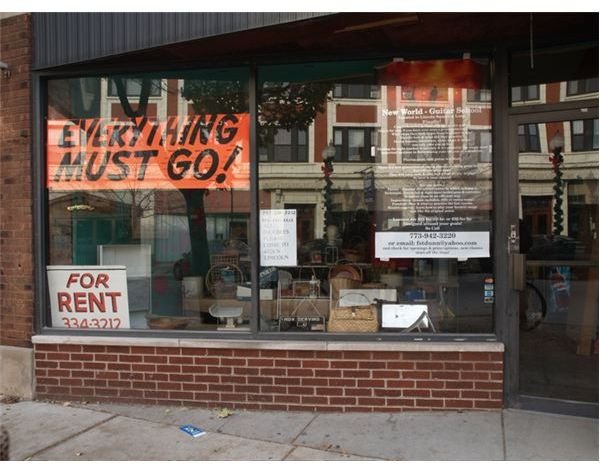The Legal Impact of Closing a Business on Short Notice
Legal Considerations When Closing a Business
Your business has become more of a hassle or financial burden to run than it should normally be. You can’t see running the business another week. Can you simply close down a business without giving proper notice? There are legal issues which can be caused when a business closes without due notice. Here is how to know when should a small business close its doors.
Employee Issues
When you close a business on short notice it effects many people. If you have employees, they are the first to become directly involved. When should a small business close its doors when there are employees involved? Most states require at least 30 or 60 days advance notice. Without this notice, you may be liable for the income of those employees for that amount of time.
Inventory Issues
What do you do with the inventory in the business when you close? When a business closes without much notice there is always an inventory liquidation issue to deal with. Even if bringing in inventory was a problem, the remaining inventory must be taken care of. Another concern is proper notice to the vendors. Suppliers may require formal notice before dropping you from their system. When should a small business close its doors in regards to inventory and suppliers? The best situation gives suppliers at least a couple of weeks notice and a request to return any unused inventory. You also should take the time to schedule a liquidation sale or auction to properly settle assets.
Taxing Issues
One of the biggest headaches you will come across if you close a business with short notice is the Internal Revenue Service. If you close up shop, the IRS will want to know why. This may trigger an audit. Another issue is that payroll and other taxes will still be due after the business closes.
Property Issues
The final problem may be from the landlord. If you rent the property and close down, you may face penalties in breaking the lease, which can also include legal action. If you are buying the property using a mortgage through a lender, you can face immediate collection of the loan. If you are a franchisee, the franchisor can file suit for breach of contract. If you own the property and close down without notice, the local government may have issues with vacant property if you have no plans in place to rent or sell.
Customer Issues
If you have customers with pre-paid orders, layaways, service guarantees or other contract agreements, you must service these until all of your obligations are met. When should a small business close its doors when customers are involved? When all service orders and pre-paid orders have been refunded or fulfilled. Otherwise customers have a legal right to sue for damages.
Image Credit: E. Bartholowmew
